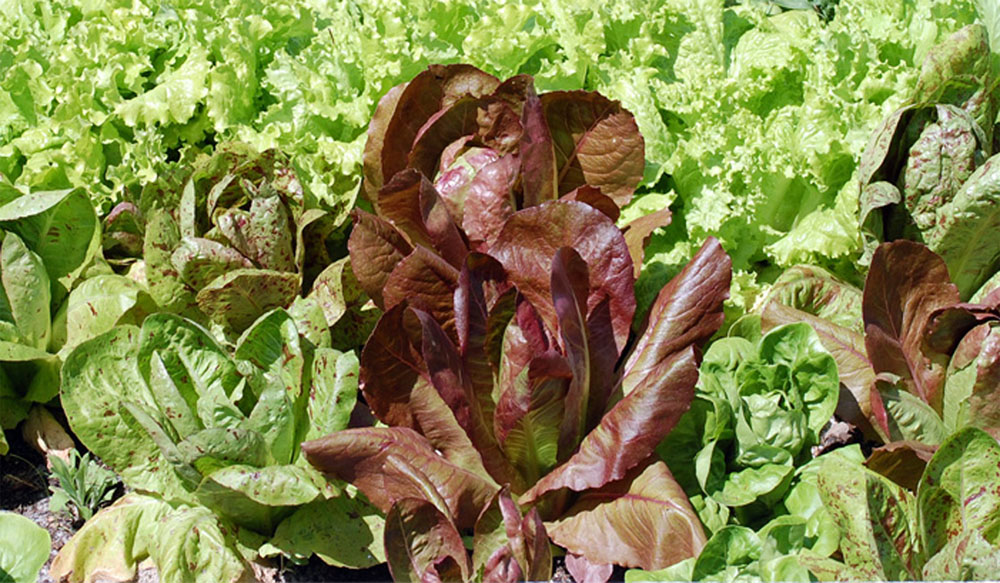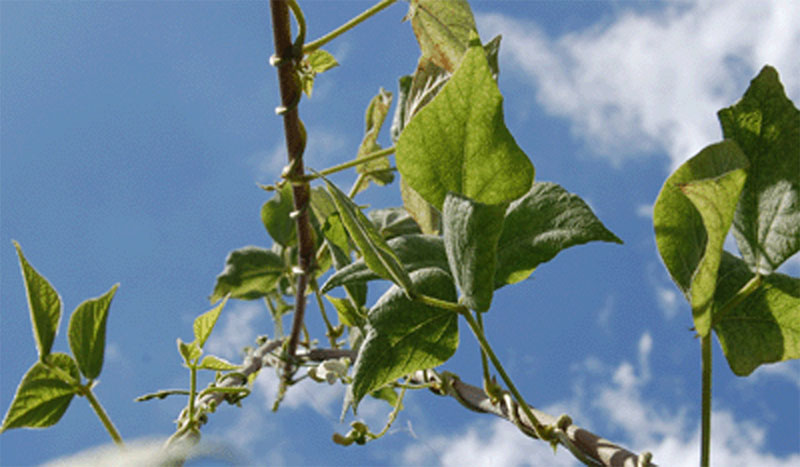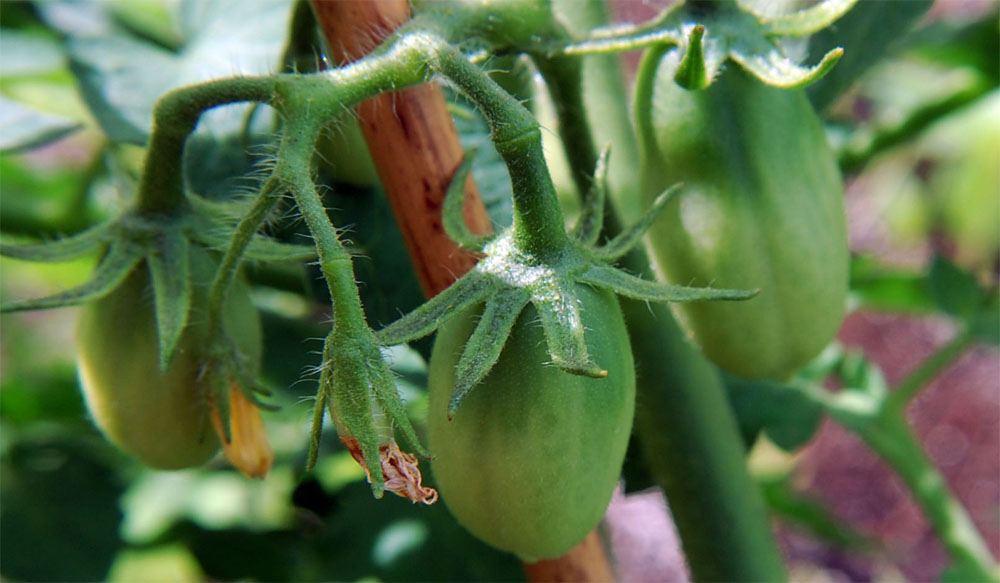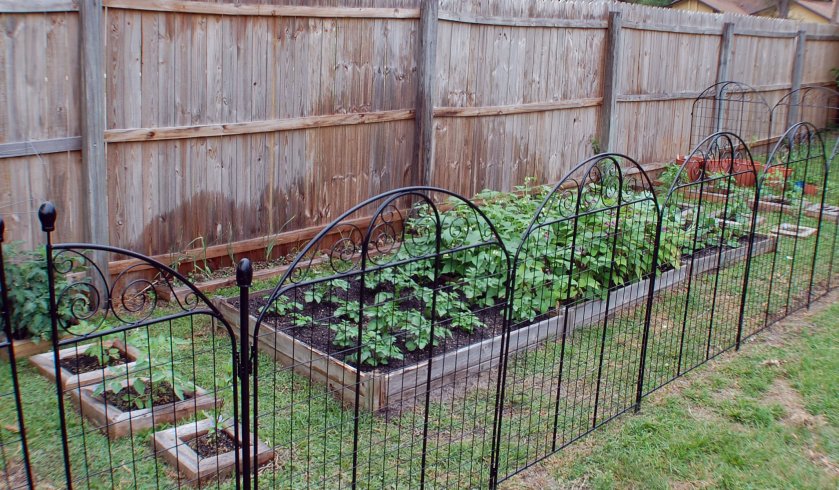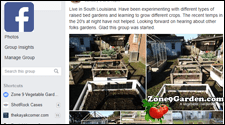One of the greatest advantages of gardening in Zone 9 is the ability to garden year-round. While much of the country is shoveling snow, Zone 9 gardeners will still be shoveling dirt and compost in what can be their very productive winter gardens.
Zone 9 Winters
Winters in Zone 9 are known to be mild with very little, if any, time spent below the freezing point. The USDA list the chance for the first frost in Zone 9 as December 16th (and that date is slowly moving deeper into the winter), with some parts never seeing frost, and the last chance for frost bing January 30th. That is only a two month window, that is slowly shrinking, with a chance of frost. Of course, these dates may be off by a little bit, but these are the dates that the current dates that the USDA has settled on.
Zone 9 Winter Crops
Because of the mild winters, there are many crops that can flourish here during the winter. Here are a few of the most popular:
- Lettuce
- Spinach
- Cabbage
- Broccoli
- Celery
- Cauliflower
- Peas
- Carrots
Most of the crops will not only tolerate Zone 9 winters, but will flourish in them. Leafy greens that do not grow well most of the year will grow nicely without bolting to seed. Broccoli and Cauliflower grow well and produce tight flowerettes. Cabbage and Carrots also fair very well in Zone 9 winters.
For most of the winter evenings will be mild and no special care will be needed. All of the above listed plants can tolerate frost for short periods, which it is uncommon for Zone 9 to have frost for longer than short periods anyway. There are however, times when Zone 9 will experience hard freezes.
Hard Freeze Suggestions
There will be many parts of Zone 9 that will not experience a hard freeze during a given winter, but there will be a few nights that some areas will. Most crops will require protection from a hard freeze, and there are many commercially available products that will protect the plants from the cold, but here are a few simple methods to protect your plants with items you probably already have around your home and garden.
Cotton Blankets – Covering your crops with a cotton blanket overnight will help protect them from a hard freeze. Some gardeners even place a 24 hour hand warmer on the soil under the blanket to help keep the temperatures under the blanket at a comfortable range for the crops. Be sure to uncover the plants when the temperatures rise to help prevent complications from the plants being covered.
Water Plants Before Freeze – The day before a hard freeze is predicted thoroughly water your crops. The water will add insulation to the soil as well as the plant cells. Damp soil tends to stay warmer than dry soil, and the warmer the soil, the warmer the plants around it.
Bring Plants Indoors – If any of your crops are in containers, bring them indoors for the evening. Keeping them in a garage or room of the house should provide enough warmth to protect the plants from even a long term freeze event.
Enjoy Gardening in the Winter
Some crops, such as spinach and lettuce, will only grow well during the winter in our warm climate and while there is the possibility of a few challenges from a rare hard freeze, gardening in Zone 9 winters can be quite rewarding.


